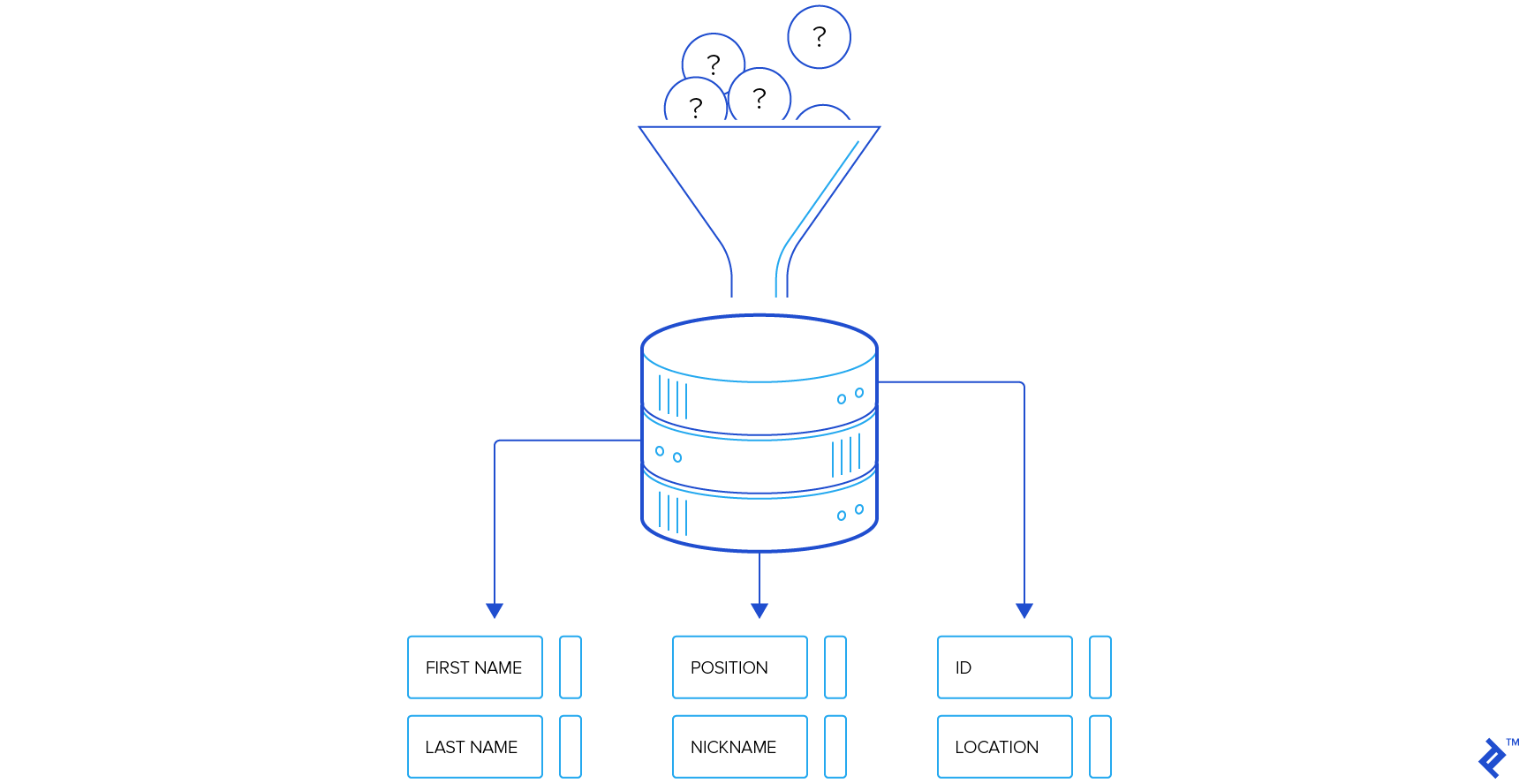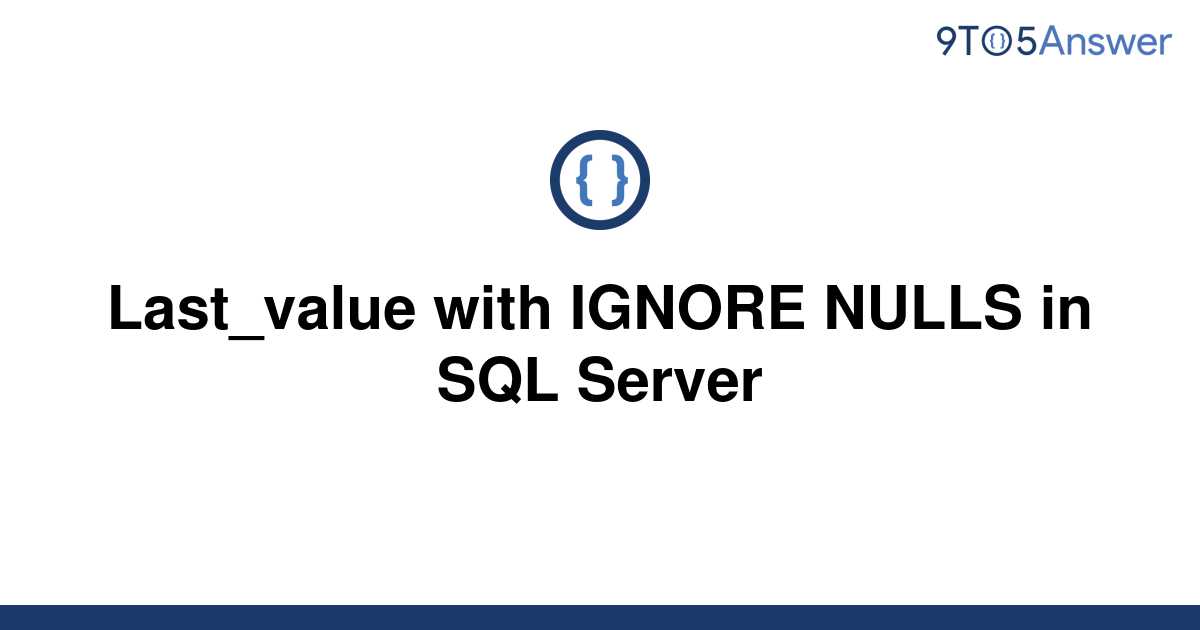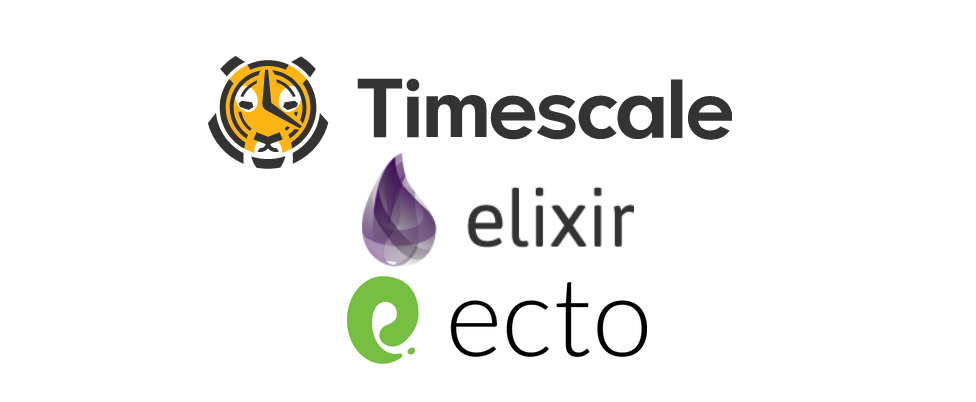

Note: Because deleting the rows are no longer part of a single database transaction, if the operation fails while the stream is being run, some rows will get deleted, and some rows will still stay left untouched. |> Repo.cursor_based_stream(max_rows: max_rows)
ELIXIR ECTO SUBQUERY CODE
Then the code would look like this: max_rows = 500 You could use ecto_cursor_based_stream library to achieve it. This can cause your database to crash.Īs a workaround I recommend streaming the rows without the need of encapsulating that with a transaction, e.g. To achieve this, you should avoid using Repo.stream altogether, as unfortunately it forces you to do the whole streaming operation in a single database transaction.

you must not load nor delete all records at once at the database level (otherwise it will exceed memory limit and crash).you must not load all records at once at the Elixir process level (otherwise it will exceed memory limit and crash),.


TL DR of your problem: You'd like to iterate over a large amount of rows and delete them in separate bulks, without preloading all of them to the memory (at once).
Can I delete items by streaming parameters ( ids) or do I have to manually batch them?. How do I properly make use of streams in this scenario?. I guess the one advantage here is that this now a transaction, so either everything goes or nothing goes. I still have too many ids for my lete_all to work without blowing up. So I am not gaining any advantage by using Repo.stream. I am using Enum.to_list and saving everything into a variable, placing everything into memory again. However, I am not convinced this will work: With these problems in mind, I cannot help my customers and grow my empire, I mean, little home owned business. Our customers simply cant get enough of it. What can I say, our product is highly addictive and very well priced! purchase_ids will likely have more than 100K ids, so the second query (where we delete things) will fail as it hits Postgres parameters limit of 32K:. We have so many purchases, that the machine's memory will overflow (looking at purchase_ids query). The following returns all the items within review metadata fields that have a price: Repo. |> where(, u.purchase_id in ^purchase_ids) Assuming Ecto.Query has been imported, you can wrap the SQL you need in a fragment call. Maybe that item was not really legal in their country, and now me, the poor guy in IT, has to fix things so the world doesn't come down crashing. So lets imagine that I want to delete All users that bought a given item. Streams were made for potentially infinite sets of results, which would fit my use case. The solution here (or so my research indicates) is to use streams. With billions of results returned, there is probably not enough RAM in the world that can handle it. I have an Ecto query that is so big, that my machine cannot handle it. Houses: from(h in Houses, order_by: h.PS: the following situation describes an hypothetical scenario, where I own a company that sells things to customers. Use houses: from(h in Houses, order_by: h.id). The only post to work is to just use one of the following: Use ^ on the outermost preload to interpolate a value preload expects an atom, a list of atoms or a keyword list with more preloads as values. Houses: from(h in Houses, order_by: h.id)īut it doesn't, this is the error: from(h in Houses, order_by: h.id()) is not a valid preload expression. This works great, but now I want to order Houses by id, so I was hopping this work: Item |> join(:inner,, c in Cat, c.food_category_id = i.id) I'm using Ecto to request data from the database, and I've used the following code to preload the cats filtered by price_discount.







 0 kommentar(er)
0 kommentar(er)
